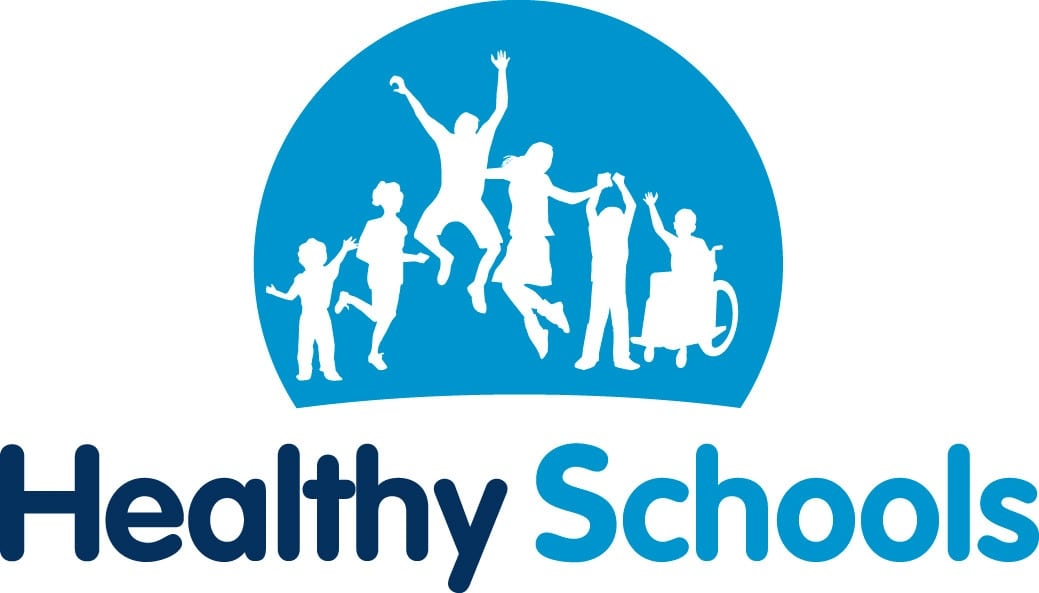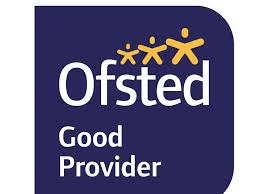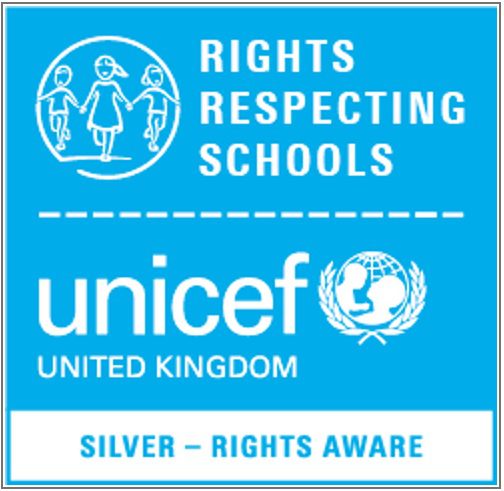‘Following the headteacher’s noteworthy example, staff take their responsibilities for keeping pupils safe and well-protected seriously. Adults’ efforts and work in this area are, quite rightly, unceasing. Pupils and parents who spoke with the inspector, expressed confidence in their feeling of safety within school’
(Ofsted, 2019).
At Stanley Crook Primary School, we regard the safeguarding of children as our main priority. We believe that all children have the right to be happy, to be safe and to learn. All staff have a responsibility to make this happen.
We will ensure that:
- The welfare of the child remains our top priority
- All children whatever their age, culture, disability, gender, language, racial origin, religious beliefs and/ or sexual identity have the right to be protected from harm.
- All suspicions and allegations of abuse will be taken seriously and responded to swiftly and appropriately.
- All staff and volunteers working at our school have a responsibility to report concerns to the designated child protection officer.
Areas of Safeguarding
Our safeguarding policies cover all areas of school life and include:
Staff & Visitors – ensuring they are vetted, informed & trained.
Children’s Behaviour – promoting safer, happier behaviours and lifestyles.
Parents & Carers – promoting links and supporting families.
Premises – keeping them safe, pleasant and fit for purpose.
Curriculum – providing positive, life affirming learning experiences.
Outside School – ensuring safer activities and environments whilst on educational visits.
Child Exploitation and Online Protection
https://www.ceop.police.uk/Safety-Centre
Keeping Children Safe Online – NSPCC
https://www.nspcc.org.uk/keeping-children-safe/online-safety
Our Designated Safeguarding Lead is Mrs Norris (Headteacher)
Our Deputy Designated Safeguarding Leads are Mrs R Wilkinson (Deputy Headteacher) and Mrs Danni Martin (SENCo.) who both hold Level 2 Child Protection and other Safeguarding qualifications.
Governors with direct responsibility for safeguarding in school are:
- Mrs Lyndsay Glasper (Safeguarding and Child Protection)
- Mrs Leanne Robinson (SEND/ Looked After Children)
The Headteacher and Governors have also been trained in Safer Recruitment procedures ( Mrs Glasper)
ALL staff (including Governors) in school have been trained to AT LEAST Level 1 Child Protection and all staff are fully aware of safeguarding procedures in school. All staff also follow statutory government guidance contained within the updated ‘Keeping Children Safe in Education’ document (September 2023) and received training on updates/ changes to statutory responsibilities in September 2023, and throughout the year as part of general professional development planning.
Staff have also received training on recognising signs of Child Sexual Exploitation and positive handling strategies via Team Teach. All staff have also completed training around the government’s Prevent Strategy.
‘We are committed to safeguarding and promoting the welfare of children and young people and expect all staff, volunteers and other third parties to share this commitment.’
The safety of our pupils is our number one priority.
Any concerns or signs of abuse or neglect must be immediately reported to one of our Designated Safeguarding Leads (DSL) – Mrs Norris, Mrs Wilkinson and Mrs Martin.
Identifying concerns
All members of staff and volunteers will know how to respond to a pupil who discloses abuse, or where others raise concerns about them and will be familiar with procedures to be followed.
If a child chooses to tell a member of staff about alleged abuse, there are a number of actions that staff will undertake to support the child:
- The key facts will be established in language that the child understands and the child’s words will be used in clarifying/expanding what has been said.
- No promises will be made to the child e.g. to keep secrets.
- Staff will stay calm and be available to listen.
- Staff will actively listen with the utmost care to what the child is saying.
- Question normally without pressurising and use open questions.
- Leading questions should be avoided, as much as possible.
- Questioning should not be extensive.
- Staff will not put words in the child’s mouth but note the main points carefully.
- A full written record will be kept by the staff duly signed and dated, including the time the conversation with the child took place, outline what was said, comment on the child’s body language, etc.
- It is not appropriate for staff to make children write statements about abuse that may have happened to them.
- Staff will reassure the child and let them know that they were right to inform them and inform the child that this information will now have to be passed on.
- The Designated Safeguarding Lead will be immediately informed, unless the disclosure has been made to them.
Confidentiality
We recognise that all matters relating to child protection are confidential; however, a member of staff must never guarantee confidentiality to a pupil.
Where there is a child protection concern it will be passed immediately to the DSL and/or to Children’s Social Care.
The headteacher or Designated Safeguarding Lead will disclose personal information about a pupil to other members of staff, including the level of involvement of other agencies, only on a ‘need to know’ basis.
All staff must be aware that they have a professional responsibility to share information with other agencies in order to safeguard children.
The Prevent duty
The Counter Terrorism and Security Act 2015 places a due on certain bodies, including schools, to have ‘due regard to the need to prevent people from being drawn into terrorism’. The DfES has produced non-statutory advice for schools, ‘The Prevent duty’ June 2015. This duty applies to all schools from 1st July 2015.
This work is part of schools’ broader safeguarding responsibilities and protecting children from other harms (drugs, gangs, neglect, and sexual exploitation). During the process of radicalisation it is possible to intervene to prevent vulnerable people being radicalised. Keeping children safe in education (July 2015) summarises four areas in which schools might be involved: risk assessment, working in partnership, staff training and IT policies.
Thus schools should have:
- staff being able to identify children who may be vulnerable to radicalisation. Information or concerns should be passed to the Designated Safeguarding Lead in the same way as other information that might be a safeguarding concern. The DSLs will see if there are already concerns about the young person and might need to consult with Sergeants Jane Freeman and Steve Holden at Durham Constabulary.
- policies and procedures in line with those of DCC, Durham Constabulary and the LSCB.
- training needs more widely should be made in the light of a school’s assessment of risk. However, it is a minimum requirement that the designated safeguarding lead undertakes Prevent awareness training. They can provide advice and support to other staff and may need to contact the relevant officers at Durham Constabulary or Community Safety.
- throughout the life of the school as well as in specific lessons to build pupils’ resilience to radicalisation by promoting fundamental British values and enabling them to challenge extremist views.
- robust IT policies and mindful of new guidance within Keeping children safe in education, May 2016, Annex C ‘Online safety’.
Prevent Duty Guidance in England and Wales (2015), paragraph 64, notes:
‘Schools should be safe spaces in which children and young people can understand and discuss sensitive topics, including terrorism and the extremist ideas that are part of terrorist ideology, and learn how to challenge these ideas. The Prevent duty is not intended to limit discussion of these issues. Schools should, however, be mindful of their existing duties to forbid political indoctrination and secure a balanced presentation of political issues’
Through discussion with the specialist colleagues at Durham Constabulary it may be appropriate to make a referral to the Channel programme. This programme focuses on support at an early stage, tailor-made to the individual young person. Engagement with the programme is entirely voluntary. A school representative may be asked to be a member if a student from the school is to be discussed at the Channel panel.
The Prevent Team
- Sgt. Jane Freeman and Sgt. Steve Holden 0191 375 2234
- HQ special branch@durham.pnn.police.uk
- DCC Community Safety 03000 265436/435
- Community.safety@durham.gov.uk








